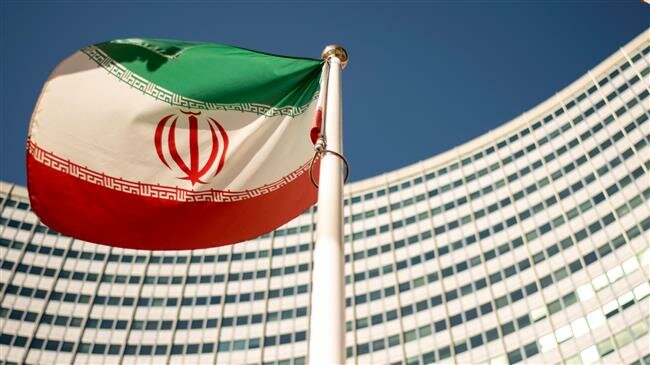The recent trip to Iran by Director General of the International Atomic Energy Agency (IAEA) Rafael Grossi can be examined from different perspectives, a report by Iranian conservative daily Resalat says.
Although some regard the visit as a victory for technical issues over political propaganda, some others had criticisms about the final agreement reached between Tehran and the agency at the close of Grossi’s trip to Iran.
The agreement ushered in a new era in Iran-IAEA relations. As spokesman for the Atomic Energy Organization of Iran (AEOI) Behrouz Kamalvandi says, Iran-IAEA ties are based on three key components: the Safeguards Agreement, the Additional Protocol and the 2015 Iran nuclear deal known as the Joint Comprehensive Plan of Action (JCPOA).
Nevertheless, what was achieved in Tehran was a “new and temporary framework” for the political will of both sides in a bid to resolve concerns and technical issues which both sides knew had political roots. Iran believed it is necessary to remain loyal to the three components; so, a new framework had to be formed which was able to preserve the future of the IAEA’s technical approach toward Iran issues without harming already defined frameworks.
In an interview with the Resalat daily, Kamalvandi elaborated on the Grossi’s trip and the agreement reached.
He said Iran had rejected the IAEA’s demand, a year ago, to inspect two sites in Iran.
“We had announced to the agency that none of those demands was in conformity with those three components; hence, we got into a period of time affected by differences of opinion between the agency and Iran,” he said.
“Furthermore, the information which the agency had based its demand on had no legal ground, and was based on a series of fabricated documents provided by the Israeli regime,” he added.
“So, talks were conducted to make sure that questions and demands [by the agency] are within a legal framework,” the spokesman noted.
“These negotiations were underway in the previous months, and finally, we achieved the desired result during the IAEA director general’s two-day trip and very intensive talks,” he said.
“As a result of the agreement, and after Iran’s concerned were eased, we agreed to voluntarily give the IAEA access [to the sites in question],” he said.
Elsewhere in his remarks, the spokesman said the Iran-IAEA relationship based on a “fundamental framework” and with “proper management” can keep the US from cashing in on every opportunity move forward with its anti-Iran agenda.
